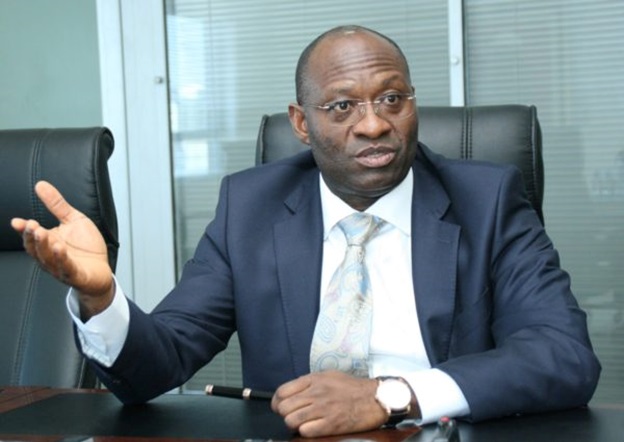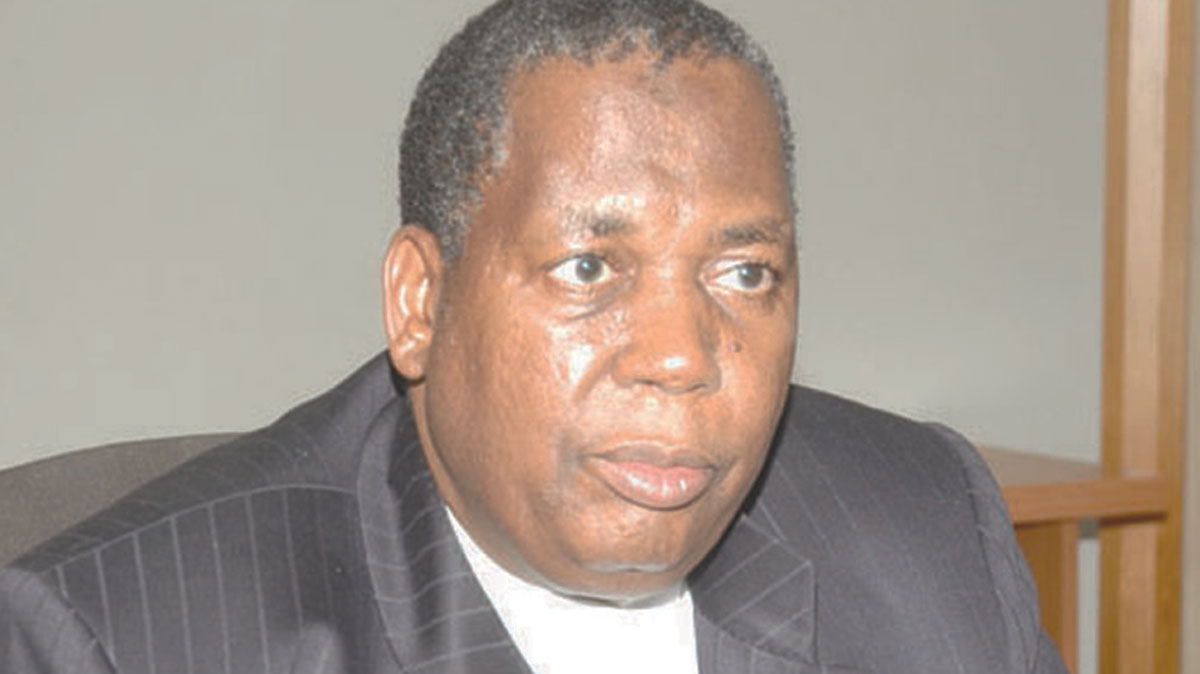Alhaji Umaru Ibrahim, managing director and chief executive, Nigeria Deposit Insurance Corporation (NDIC), has dismissed rumours making the round that some banks in the country are distressed.
Ibrahim, called on members of the public to ignore rumours being circulated on the failing health of some banks, stressing regulators would not allow any institutions to fail.
The NDIC boss who spoke through a statement by Mr Hadi Birchi, NDIC spokesman, on Thursday in Abuja, said such rumours were unfounded.
He said the rumour being circulated through text messages and social media was to de-market those targeted banks and destabilise depositors’ confidence in the banking system.
Ibrahim said the Corporation had over the years played a very critical role towards ensuring that banks are safe and sound through effective supervision.
ALSO SEE: Oando wants approval to refurbish refineries
He added that financial and technical assistance were given to deserving financial institutions to avoid failure.
Ibrahim said that in spite of the challenges facing some of the banks, the Corporation in collaboration with the Central Bank of Nigeria (CBN), was monitoring developments to ensure the safety and security of depositors’ money.
He also announced the Corporation’s plan to establish a Centre for Financial and Economics Studies to train interested members of the public on essential areas of financial and economic management. There were reports of financial distress in some money deposit banks like Skye Bank and Heritage Bank, leading to isolated cases of panic withdrawals by customers.
The CBN came out to say that examination report and analysis from market watchers and International Credit Rating Agencies showed that in spite of global economic challenges, Nigerian Banking System remained strong.
Recall that Fitch, an international ratings agency, on Wednesday said that financial risks still persisted in the banking industry in spite of good financial results for 2016 posted by banks.
The agency said in the report on Nigerian banks posted on its website that significant financial risks persisted beyond reported figures.
It said that the banks’ healthy 2016 net income was lifted by large one-off revaluation gains after the country allowed its currency to devalue in June.

 Health5 days ago
Health5 days ago
 Entertainment1 week ago
Entertainment1 week ago
 Crime6 days ago
Crime6 days ago
 Education1 week ago
Education1 week ago
 Health1 week ago
Health1 week ago
 Comments and Issues7 days ago
Comments and Issues7 days ago
 Football7 days ago
Football7 days ago
 Latest6 days ago
Latest6 days ago






